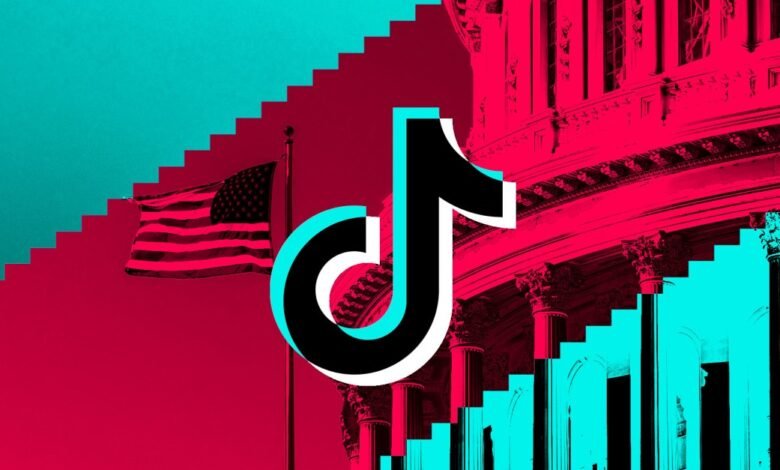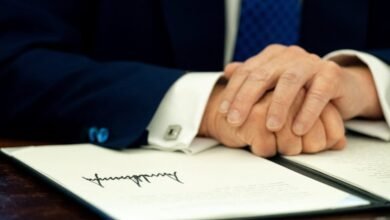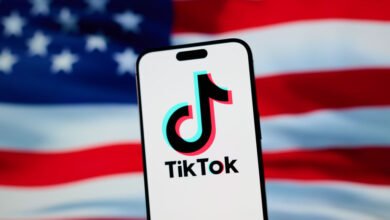TikTok Deal: What We Still Don’t Know

▼ Summary
– President Trump signed an executive order to “save” TikTok by making it “American-operated,” but the deal’s ownership details remain undisclosed.
– Legal experts argue the administration acted lawlessly by repeatedly extending TikTok ban deadlines, violating the constitutional “Take Care” clause.
– Major tech companies like Google and Apple continue distributing TikTok illegally, subjecting themselves to potential future legal action.
– The executive order’s requirements are contradictory, demanding both new owner control of algorithms and intense US monitoring of them.
– Despite being declared a national security threat, TikTok’s status remains unresolved with no significant app changes, highlighting disregard for the law.
President Trump’s recent executive order, intended to secure TikTok’s future in the United States, leaves many critical questions unanswered. While the administration frames the arrangement as a solution that makes the popular app “American-operated,” the specifics remain shrouded in mystery. Crucial details about the ownership structure of TikTok’s US operations and the legality of the entire process are still unclear, casting a long shadow over the deal’s viability.
Legal experts are raising serious concerns about the administration’s approach. Alan Rozenshtein, a law professor at the University of Minnesota Law School, describes the situation as a stark example of lawlessness. He points to the President’s repeated extensions of the TikTok ban deadline as a fundamental problem. Rozenshtein argues that Trump had no legal authority to grant these extensions, effectively creating “weird 90-day fake deadlines” instead of faithfully executing the law as mandated by the Constitution’s “Take Care” clause. This pattern of delay, rather than enforcement, has created a prolonged state of uncertainty.
This legal limbo places major technology firms in a difficult position. For companies like Google, Apple, and Oracle, continuing to distribute and host TikTok on their platforms is technically illegal under the existing ban. According to Rozenshtein, these corporations are complicit in an illegal scheme, subjecting themselves to potential “brutal blackmail” from the government. Despite receiving written assurances from the Department of Justice that they would not be held liable, the possibility of future legal action remains, though Rozenshtein considers it an unlikely scenario for a subsequent administration to pursue.
The ownership question is another major point of confusion. Reports suggest a consortium including Oracle, Silver Lake, and the Abu Dhabi-based MGX would control approximately 45 percent of the US operations, with ByteDance investors holding 35 percent. However, neither China nor ByteDance has publicly confirmed an agreement, despite Trump’s claims of a “go-ahead” from Chinese President Xi Jinping. The executive order’s requirements are also contradictory. It stipulates that new owners will gain control of TikTok’s code and algorithms, yet also calls for “intense monitoring” of those very elements, a provision that seems illogical if ByteDance is truly divesting control.
Finalizing this deal will likely take more time, with indications that the enforcement deadline will be pushed back another 120 days. This continued delay means the President and the companies involved remain on unstable legal ground. More than a year after Congress labeled TikTok a national security threat, the tangible outcome has been minimal, aside from a pre-existing $1 billion project to route US user data to American servers. The current situation appears to have resulted not in a resolution that satisfies the divest-or-ban law, but in a new precedent for disregarding the rule of law altogether. As Rozenshtein notes, the national security threat may now be emanating more from domestic actions than from any foreign entity.
(Source: The Verge)





